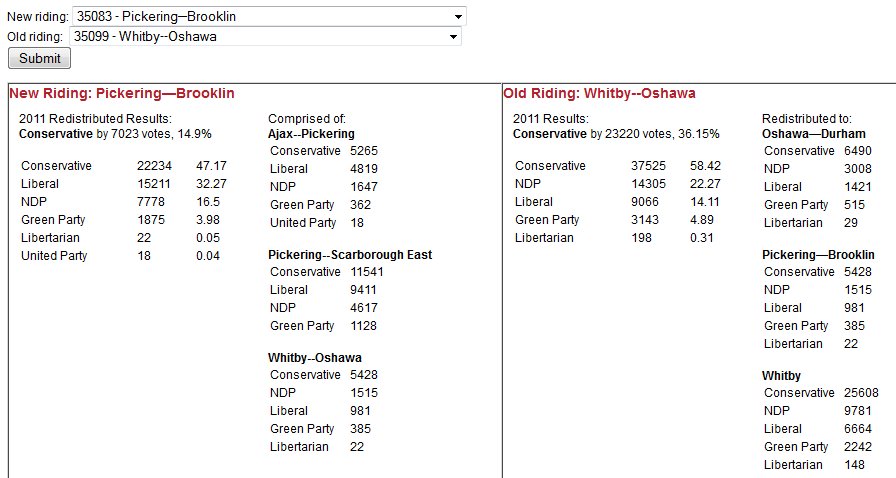Japan’s conduct of the opening stages of World War 2 were literally schizophrenic: the Imperial Japanese Navy viewed their primary opponent as the United States, while the Imperial Japanese Army viewed their primary opponent as the Soviet Union. The army’s fears were based on a little-known but very significant campaign in an undeclared war fought between Japan and the Soviet Union in 1939:
In the summer of 1939, Soviet and Japanese armies clashed on the Manchurian-Mongolian frontier in a little-known conflict with far-reaching consequences. No mere border clash, this undeclared war raged from May to September 1939 embroiling over 100,000 troops and 1,000 tanks and aircraft. Some 30,000-50,000 men were killed and wounded. In the climactic battle, August 20-31, 1939, the Japanese were crushed. This coincided precisely with the conclusion of the German-Soviet Nonaggression Pact (August 23, 1939) — the green light for Hitler’s invasion of Poland and the outbreak of World War II one week later. These events are connected. This conflict also influenced key decisions in Tokyo and Moscow in 1941 that shaped the conduct and ultimately the outcome of the war.
This conflict (called the Nomonhan Incident by Japanese, the Battle of Khalkhin Gol by Russians) was provoked by a notorious Japanese officer named TSUJI Masanobu, ring-leader of a clique in Japan’s Kwantung Army, which occupied Manchuria. On the other side, Georgy Zhukov, who would later lead the Red Army to victory over Nazi Germany, commanded the Soviet forces. In the first large clash in May 1939, a Japanese punitive attack failed and Soviet/Mongolian forces wiped out a 200-man Japanese unit. Infuriated, Kwantung Army escalated the fighting through June and July, launching a large bombing attack deep inside Mongolian territory and attacking across the border in division strength. As successive Japanese assaults were repulsed by the Red Army, the Japanese continually upped the ante, believing they could force Moscow to back down. Stalin, however, outmaneuvered the Japanese and stunned them with a simultaneous military and diplomatic counter strike.
[. . .]
But what if there had been no Nomonhan Incident, or if it had ended differently, say in a stalemate or a Japanese victory? In that case, the Japanese decision to move south might have turned out very differently. A Japan less impressed with Soviet military capability and faced with choosing between war against the Anglo-American powers or joining Germany in finishing off the U.S.S.R., might have viewed the northern course as the best choice.
If Japan had decided to attack northward in 1941, that could well have changed the course of the war, and of history. Many believe that the Soviet Union could not have survived a two-front war in 1941-1942. The Soviet margin of victory in the Battle of Moscow, and at Stalingrad a year later, was excruciatingly thin. A determined Japanese foe in the east might have tipped the balance in Hitler’s favor. Furthermore, if Japan had moved against the Soviet Union in 1941, it could not also have attacked the United States that year. The United States might not have entered the war until a year later, under circumstances in Europe far more unfavorable than the actual grim reality in the winter of 1941. How then would Nazi domination of Europe been broken?




